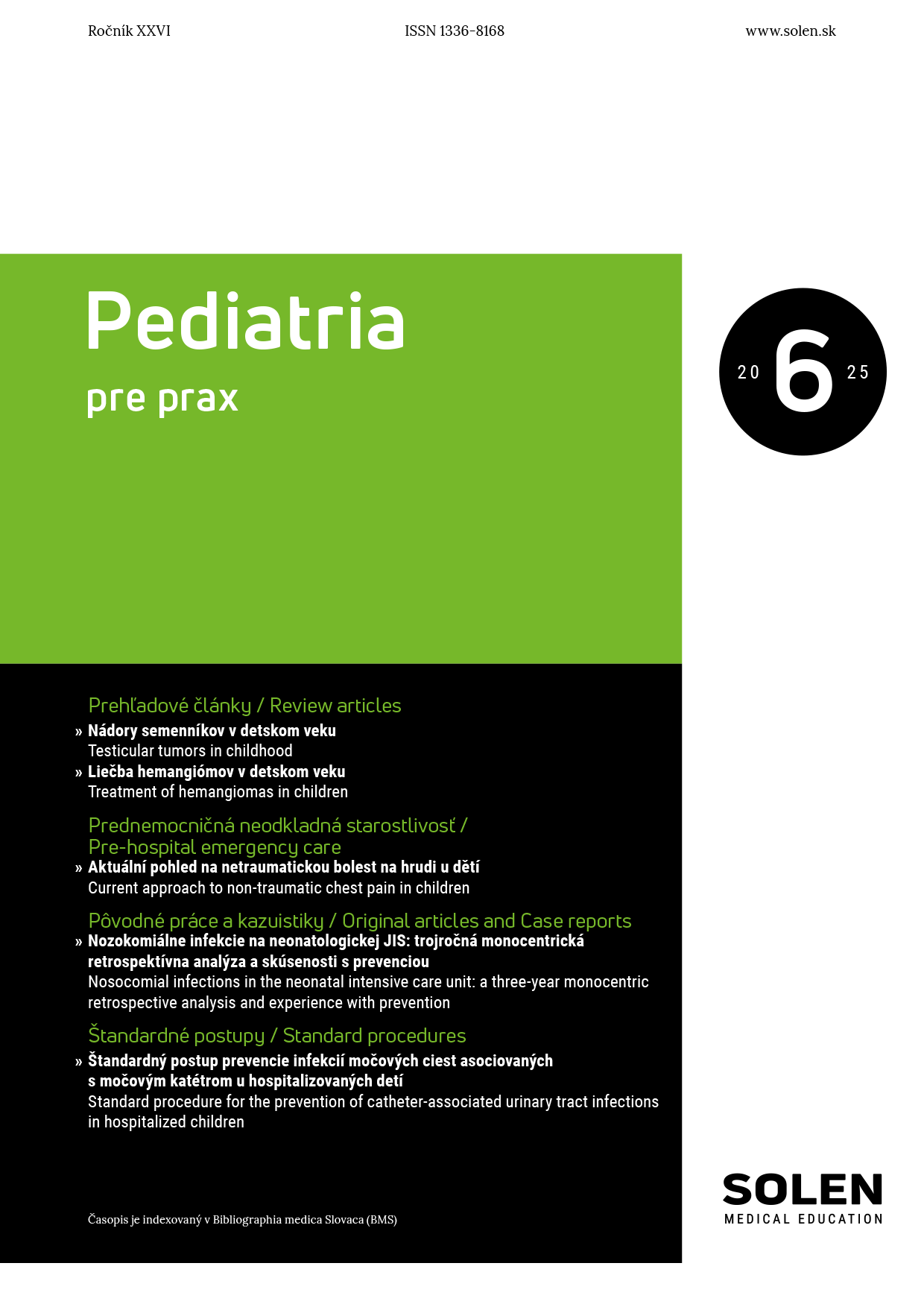Onkológia 4/2025
Antibody-drug conjugates (ADCs): a revolution in the treatment of metastatic breast cancer?
Antibody-drug conjugates (ADCs) represent a new class of anticancer drugs. ADCs are a unique combination of a monoclonal antibody and a potent cytotoxic agent, which are linked to each other in varying proportions via a chemical linker. This group is a very rapidly developing class of anticancer drugs that have already revolutionized the treatment strategy of many types of cancer (hematological and non-hematological malignancies). The ADC structure has the advantage of antibody selectivity and the antitumor effect of a highly effective cytostatic load. Currently, we have four drugs approved for widespread use in the approved indication for the treatment of metastatic breast cancer (all of which are available for use in Slovakia to varying degrees) – trastuzumab emtansine (T-DM1), trastuzumab deruxtecan (T-DXd), sacituzumab govitecan (SG) and datopotamab deruxtecan (Dato-DXd). Many other ADCs for the treatment of breast cancer are currently being tested in late-stage clinical trials, with some encouraging results recently. However, challenges arise during the use of ADCs, including the development of acquired resistance and the occurrence of treatment-related toxicities. ADCs are increasingly being tested in combination with other agents (e.g., anti-HER2, with immunotherapy), and the development of new generation ADCs is progressing rapidly.
Keywords: antibody-drug conjugates, linker, antibody, payload, metastatic breast cancer

















